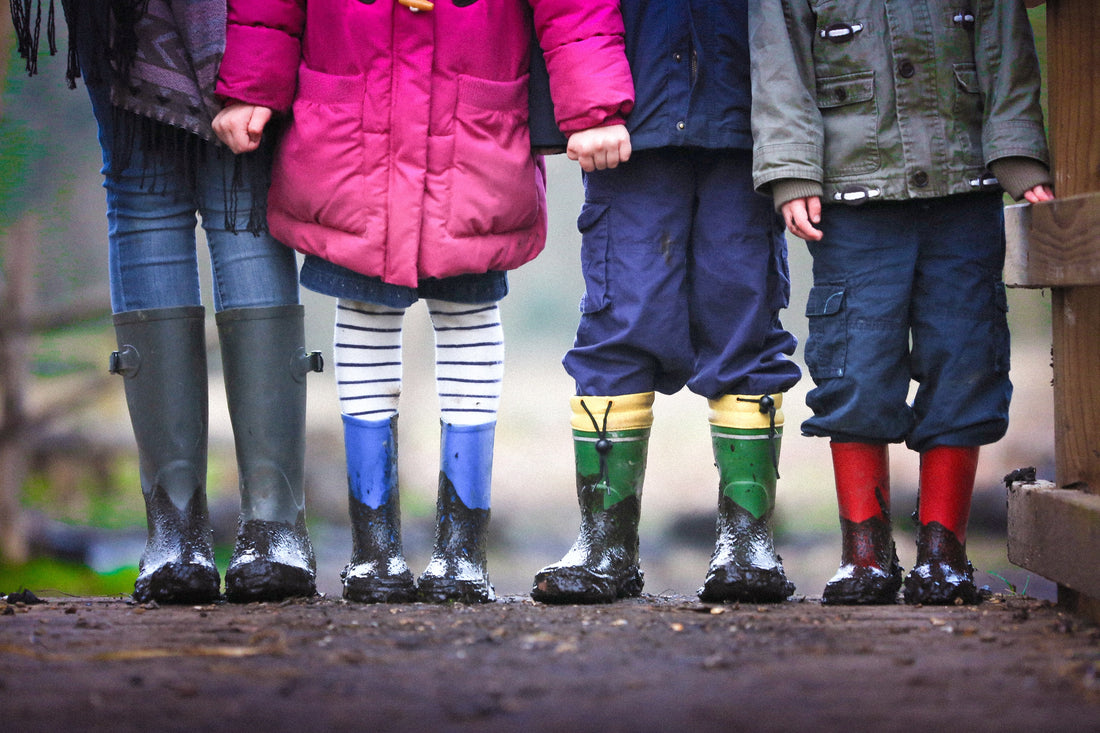
Tips for Using a Garden for Special Needs Students
Share
- Sensory-Friendly Design: Create a garden with sensory-friendly features, such as smooth pathways, raised garden beds at varying heights, and plants with different textures, scents, and colors.
- Multi-Sensory Activities: Plan multi-sensory activities in the garden, such as touching different plants, listening to the sounds of nature, smelling flowers, and tasting garden-grown fruits, vegetables, and herbs.
- Visual Supports: Utilize visual supports like picture schedules or task cards to guide students through garden activities and routines, promoting independence and understanding.
- Social Skills Practice: Use the garden as a space for social skills practice, encouraging communication, turn-taking, and collaboration among students during garden tasks.
- Life Skills Development: Engage students in garden-related life skills, such as planting, watering, and harvesting, fostering independence and practical knowledge.
- Therapeutic Benefits: Recognize the therapeutic benefits of gardening for special education students, such as stress reduction, improved focus, and increased sensory regulation.
- Adapted Tools: Provide adapted gardening tools and equipment, allowing students with physical challenges to participate fully in garden activities.
- Individualized Goals: Tailor garden instruction to each student's individualized education plan (IEP) and set specific goals to address their unique learning needs.
- Communication Opportunities: Use the garden as a platform for communication opportunities, encouraging students to express themselves through gardening experiences.
- Celebrate Progress: Celebrate students' achievements and growth in the garden, reinforcing positive learning experiences and building self-confidence.
By using the garden as an inclusive and supportive learning environment, educators can create enriching opportunities for special education students to develop essential skills, engage their senses, and experience the joys of nature. The garden becomes a nurturing space that fosters growth, independence, and overall well-being for all learners.
For more information or to implement a garden program in your school, contact Damon Carr:
720-810-6983
